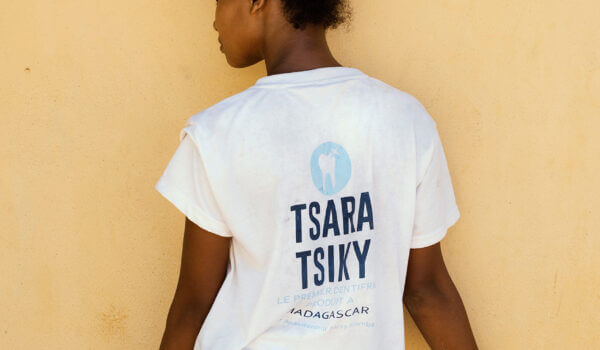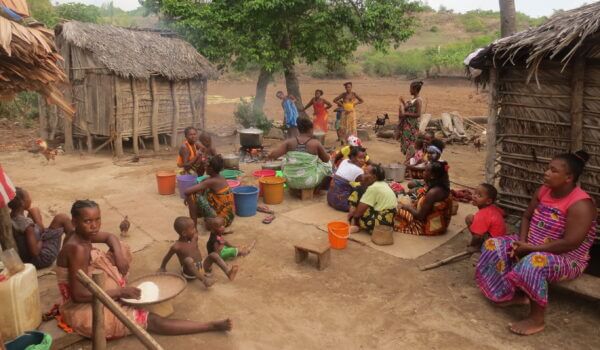H4O for Health Improvements
In Madagascar , most deaths are still linked to preventable diseases.
H4O long-term prevention programmes aim to improve public health conditions as well as respond to global outbreaks of life-threatening WASH related diseases such as cholera, typhoid fever, hepatitis and COVID-19.
H4O maximises its projects’ impact on people’s health by combining Hardware & Software interventions. It means that we are determined to reduce the burden of preventable diseases not only by building infrastructure but also by empowering individuals, schools and communities with knowledge to trigger behavioural change and to create demand for services.
Projects are implemented in an integrated way to improve health conditions and kickstart community development.











Social enterprises
Ensure access to quality healthy products.
Our social enterprises are united by the common goal of having an impact on the public health conditions of indigenous communities.
Thanks to H4O’s social enterprises local inhabitants are provided with affordable quality health care products such as medicated toothpaste and disinfectant soap as well as energetic and nutrient dark chocolate.
Furthermore, the staff of H4O social enterprises is also in charge of running workshops to raise awareness on determinants of health and to promote good hygiene practices as well as healthy and adequate nutrition habits.
The social enterprises’ staff also run marketing campaigns in order to promote the use of quality products for all.